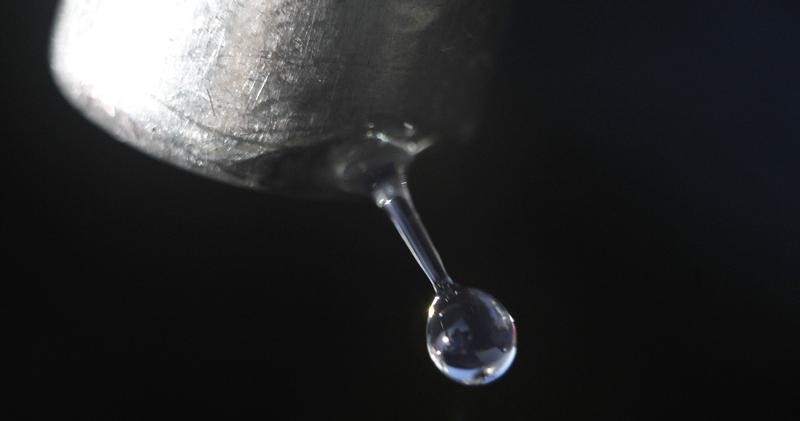By Nia Williams
CALGARY, Alberta, Feb 1 (Reuters) - The Canadian
oil-producing province of Alberta will offer C$500 million ($357
million) in royalty credits in a bid to attract investment in
new petrochemical facilities and help diversify its ailing
economy, the government said on Monday.
It said the Petrochemicals Diversification Program is
expected to support the construction of two or three new
facilities that use propane or methane, components of natural
gas, as feedstock to produce materials for products including
plastics, detergents and textiles.
Deron Bilous, minister for economic development and trade,
said the program is intended to mitigate the high cost of
construction in Alberta, and could attract C$3 billion - C$5
billion in investment and create more than 4,000 jobs.
Alberta is the largest source of U.S. oil imports and its
previously booming economy has been hard hit by the global crude
price slump, with companies slashing billions of dollars in
capital spending and laying off tens of thousands of workers.
Last week the left-leaning provincial government unveiled a
review of energy royalties that left rates unchanged on existing
oil wells and oil sands projects, and avoided adding more cost
burdens to an industry already reeling from the lowest crude
prices in more than a decade.
The royalty review included a recommendation that Alberta
adopt a strategy of processing its natural gas into higher-value
products.
"This is another way to diversify our energy economy and
create good jobs in Alberta," said Minister of Energy Margaret
McCuaig-Boyd.
Companies will be able to apply to the government for
royalty credits worth up to C$200 million for a single
petrochemical facility, and credits will be awarded once the
projects are completed and start processing feedstock.
Although petrochemical facilities do not pay royalties, the
credits they earn can be traded or sold to oil or natural gas
producers, who can in turn use them to reduce royalty payments
to the government.
($1 = 1.4009 Canadian dollars)
(Editing by Alan Crosby and Jeffrey Hodgson)
